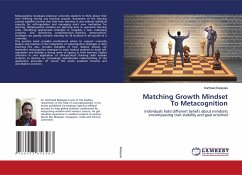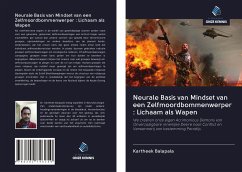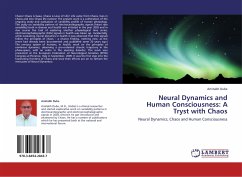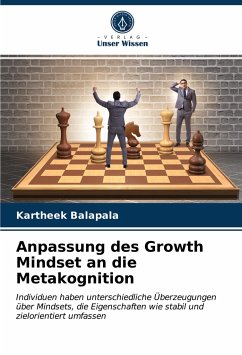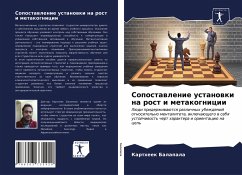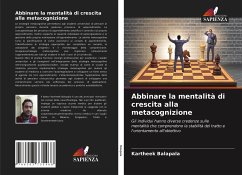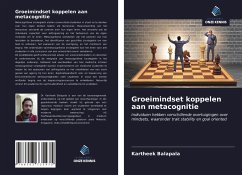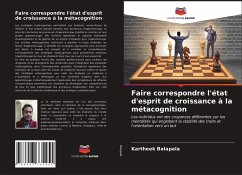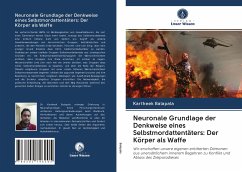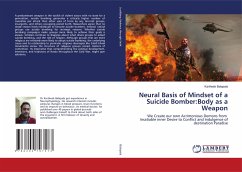
Neural Basis of Mindset of a Suicide Bomber:Body as a Weapon
We Create our own Acrimonious Demons from Insatiable inner Desire to Conflict and Indulgence of destination Paradise
Versandkostenfrei!
Versandfertig in 1-2 Wochen
47,99 €
inkl. MwSt.

PAYBACK Punkte
24 °P sammeln!
A predominant weapon in the toolkit of violent actors with no state for a generation, suicide bombing generates a critically higher number of casualties per attack than other uses of force by any terrorist groups, insurgents, and others occupying planet Earth. Researchers agree that no single reason leads individuals to become suicide bombers. Instead, radical groups use suicide bombing for strategic reasons. Whether suicide bombing campaigns make groups more likely to achieve their goals is elusive. Scholars continue to disagree about what drives groups to adopt suicide bombing, and the role ...
A predominant weapon in the toolkit of violent actors with no state for a generation, suicide bombing generates a critically higher number of casualties per attack than other uses of force by any terrorist groups, insurgents, and others occupying planet Earth. Researchers agree that no single reason leads individuals to become suicide bombers. Instead, radical groups use suicide bombing for strategic reasons. Whether suicide bombing campaigns make groups more likely to achieve their goals is elusive. Scholars continue to disagree about what drives groups to adopt suicide bombing, and the role of religion. Although groups that are more religious are relatively more likely to adopt suicide bombing, the underlying cause and its relationship to particular religious ideologies like Salafi Jihadi movements versus the structure of religious groups remain matters of contention. Its imperative that comprehending the political development, intentions, and trajectory of Russia throughout the Cold War, might give solutions.



